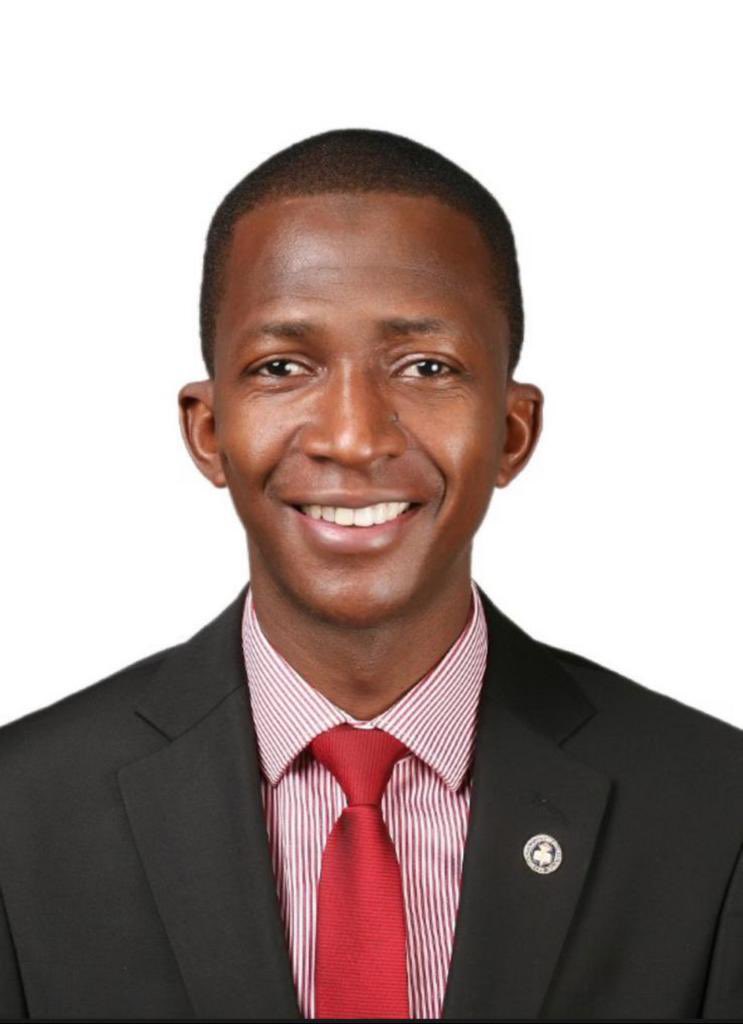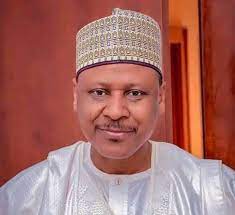Abuja, Oct. 15, 2023 – The Socio-Economic Rights and Accountability Project (ESRAP) has advised the National Assembly to reject the newly introduced social media bill.
SERAP gave the advice on Sunday in a statement issued by its Deputy Director, Kolawole Oluwadare.
Balarabe Ilelah, the Director-General of the Nigeria Broadcasting Commission (NBC), had last week announced that a bill to regulate the social media regulation had been sent to the National Assembly.
He said his when he received the Minister of Information and National Orientation, Mohammed Idris, at the commission’s headquarters in Abuja.
Ilelah said that the country required new laws to check excesses of the social media and the new bill would repeal and reenact the NBC Act, CAP L11 Laws of the Federation of Nigeria 2004.
SERAP, however, said the social media could not be considered one of Nigeria’s major problems and a monster going by the description of the NBC.
It warned that it would take the National Assembly and the Federal Government to court if the social media bill was passed.
SERAP said: “The National Broadcasting Commission last week reportedly stated that, “one of Nigeria’s major problems now is social media,” and described social media as “a monster.”
“Social media is neither Nigeria’s problem nor a monster. Any regulation of it would have arbitrary and excessive effects, and cause incalculable damage, both in material and human rights terms.
“Any move to regulate social media would be inconsistent and incompatible with the provisions of the Nigerian Constitution 1999 [as amended] and the country’s international human rights obligations.”
“The reintroduction of the social media regulation bill would lead to deterioration of the human rights situation in the country and carry major economic costs for all sectors, as well as exacerbate social and economic inequalities.
“Rather than rushing to pass the social media regulation bill, the National Assembly should encourage the Federal Government to maximise opportunities around social media access and address the growing social and economic inequalities in the country.
“We would be grateful if the recommended measures are immediately taken upon the receipt and/or publication of this letter.
“SERAP shall take all appropriate legal actions against the National Assembly and the Federal Government if the social media regulation bill is ever passed into law.
“We urge you to request the administration of President Bola Tinubu to publish the details of any ongoing discussion and engagement with Google, YouTube, TikTok and other social media companies.
“The reintroduction of the social media regulation bill would lead to deterioration of the human rights situation in the country and carry major economic costs for all sectors, as well as exacerbate social and economic inequalities.
“It would effectively deepen digital divides in the country and seriously undermine the Tinubu administration’s expressed commitment to develop this sector.
“Under international law, all restrictions on the operation of social media companies and other intermediaries must comply with the requirements of legality, legitimacy and necessity.
“The regulation of social media may be incompatible with the services of major social media and private messaging intermediaries, negatively impacting the free flow of information and ideas, and affecting economic and social activities.”
“The National Assembly should put pressure on the Federal Government to comply with the requirements of the Nigerian Constitution 1999 and the country’s international human rights obligations regarding the rights to freedom of expression, privacy and participation.”
“Access to social media is widely recognised as an indispensable enabler of a broad range of human rights. It is central to freedom of expression and the realisation of many other human rights including education, freedom of association and assembly, access to information and participation.
“The Federal Government has the legal obligations to promote and facilitate the enjoyment of human rights, and to take all steps necessary to ensure that all individuals have meaningful access to social media.
“The authorities should refrain from unduly interfering with access to digital communications platforms.
“Under Section 39 of the Nigerian Constitution, Article 19 of the International Covenant on Civil and Political Rights and Article 9 of the African Charter on Human and Peoples’ Rights, any restriction on freedom of expression constitutes a serious curtailment of human rights.”
“The Nigerian Constitution and these human rights treaties protect everyone’s right to freedom of expression, which includes the freedom to seek, receive and impart information of all kinds, regardless of frontiers.
“States have the obligation to respect and ensure the right to freedom of expression, without distinction of any kind.
“The Nigerian Constitution and human rights treaties protect a broad range of expression, including political discourse, commentary on one’s own and public affairs, canvassing, discussion of human rights, journalism, and artistic expression.”
“This includes information that may be regarded as offensive, false or untrue by some people but is considered legitimate political discourse by others. Restrictions on the right to freedom of expression are only permissible when they meet the requirements of legality, necessity, proportionality and non-discrimination.”
“The onus to show that restrictions comply with those requirements is on the state seeking to restrict rights. Social media regulation bills generally do not meet those requirements.”
“The African Commission on Human and Peoples’ Rights has called upon states not to engage in or condone any restriction of access to the Internet or other digital technologies for segments of the public or an entire population.” (GBN)





